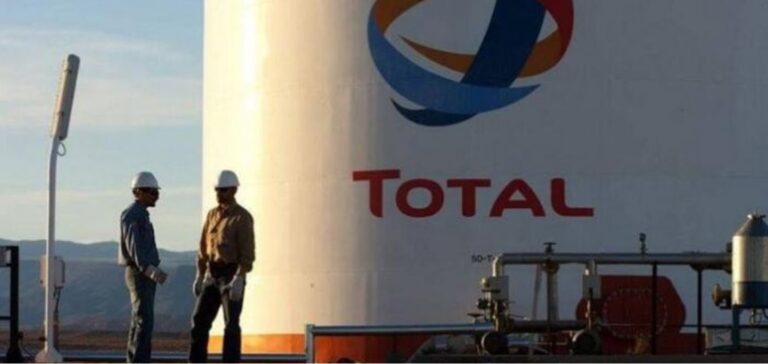In recent years, the poor region of eastern Uganda, where Lake Albert is located, has been the site of a major oil project. The French giant TotalEnergies, in partnership with the Chinese company CNOOC, is leading the $10 billion Tilenga megaproject between Uganda and Tanzania. The project has sparked debate about its environmental and social impact in the region. While some local residents have benefited from the sale of their land to TotalEnergies, others have found themselves before the courts for opposing the project.
Economic benefits for some residents
The construction of the Tilenga megaproject has entered its final phase. Antelope now look over the metal fences to the huge oil rigs that stand on the grasslands that make up Murchison Falls National Park. The dirt roads have been replaced by wide paved roads, and luxury hotels and stores have sprung up in the area. According to TotalEnergies, Tilenga will create 7,000 jobs in the Lake Albert region.
Mixed economic impacts for others
However, some residents have not experienced the same economic benefits as their neighbors. Joselyn Katusabe, a single mother of six, received about $1,000 for the sale of a small plot of land where she grew cassava. She opened a small hairdressing salon with the money and paid her children’s school fees, but she can’t say it’s enough for a decent life.
However, some local residents refused the compensation offer and were taken to court by the government for obstructing the project. Jealousy Mulimba Mugisha, a father of seven, refused the compensation offer and was taken to court by the government. Although he lost his case in the first instance, he appealed, but without any illusions. “We can tell future generations that oil is a curse rather than a blessing,” he said.
Environmental concerns
In addition to social concerns, there are environmental concerns about the oil megaproject. The region is known for its important biodiversity, which could be threatened by oil activities. The pipeline that will be built to transport the oil over 1,400 kilometers to the Tanzanian coast will be the longest pipeline of its kind in the world. NGOs are accusing TotalEnergies of failing in its “duty of care” on this project.






















